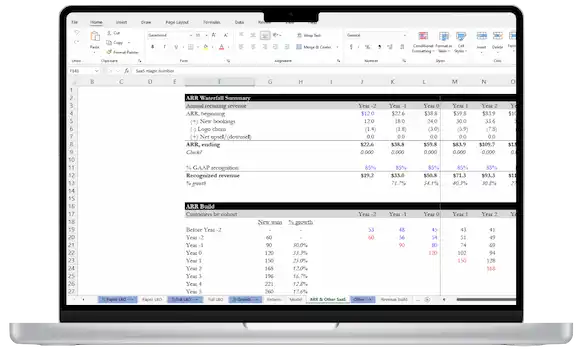Agile Growth Equity Overview
Agile Growth Equity is a growth-oriented private equity firm which aims to partner with innovative B2B companies that are in the lower middle market and are ready for digital transformation.
The firm primarily invests in industrial services, manufacturing, business services, specialty rental, and value added distribution sectors.
They target companies located in United States that have the following characteristics:
- Established lower middle market companies
- $2.0 to $10.0 million EBITDA
- B2B products and services
- Track record of growth, demonstrated ability to generate free cash flow
- High service quality
- Differentiated product offerings
- Forward-thinking management team
In terms of transaction, Agile Growth Equity provides control equity investments (>50% equity ownership) in support of buyouts, recapitalizations, founder / owner succession solutions, and growth initiatives.
Brett Baucum and Alejandro Capetillo are the founding partners of Agile Growth Equity. The firm’s headquarters is located in Houston, TX.
Agile Growth Equity AUM
Currently, Agile Growth Equity does not publicly disclose its Assets Under Management (AUM), as is common practice among some private investment firms.
Agile Growth Equity Interview Process & Questions
Firms have the freedom to change their interview process with each candidate. However, if you interview at Agile Growth Equity (or similar firms), chances are, you’ll experience the following:
- 4 to 6 rounds of interviews
- Interview with HR team or junior investment professionals for the initial rounds and with the more senior staff at the later rounds
- Entire process that could last multiple weeks – unless it’s on-cycle or on-campus recruiting
When you interview at Agile Growth Equity, prepare to answer a mixture of behavioral questions, fit questions, and technical / investing questions.
If you’re looking for resources to help with your interview preparations, check out my Growth Equity Interview Guide.
Why Agile Growth Equity
“Why this firm” is one of the crucial questions that candidates almost always have to answer during interviews.
If you’ve networked with the firm’s employees, make sure to mention whoever you’ve connected with and how their experiences, stories, and professional conduct inspired you to join the firm.
Also, it’s a good practice to do research about the firm before your interview. For this, I highly suggest you listen to interviews with the firm’s founders, investors, and management team.
Agile Growth Equity Case Study
Interviewers often conduct case study exercises to assess each candidate’s technical knowledge and ability to communicate effectively.
Most case studies will have you perform financial modeling and investment recommendations. However, if you’re applying for a junior role, you may be required to do a cold calling case study as well.
Check out Growth Equity Interview Guide for case study walkthrough, examples, and expert tips.
Agile Growth Equity Salary & Compensation
Agile Growth Equity offers competitive salaries to their employees. As per Glassdoor, Associates at the said firm can earn an estimated total pay of $135,084 per year, while there’s no recent data for analyst hires.
This figure represents the median and can still vary depending on your level of education, experience, and skill set.
Associate
Agile Growth Equity Careers, Jobs, & Internships
To view vacant positions at Agile Growth Equity, head over to our job board where we feature all open roles for them and other similar firms.
Next Steps
If you think that Agile Growth Equity is the right firm for your career, I highly suggest you check out my Growth Equity Interview Guide so you can show up at interviews confident and well-prepared, and increase your chances of landing the role you’re applying for.
Growth Equity Interview Guide is a self-paced online course with step-by-step video lessons on topics such as case studies, market thesis, and many, many more. Check out the course and gain a competitive edge over other dozens of qualified candidates you’d be competing with during the firm’s hiring period.

 Break Into Growth Equity
Break Into Growth Equity

